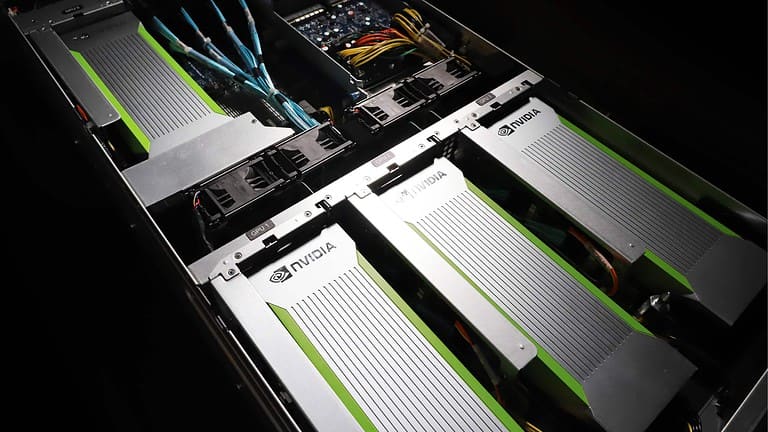AMD is getting help with the development of its AI accelerators. According to Bloomberg, Microsoft is offering support to the chip company to avoid having to rely on Nvidia’s GPUs for the Microsoft Azure cloud platform in the future.
Bloomberg also reports that AMD would contribute to the development of a Microsoft AI accelerator. However, the Redmond-based company denies this.
The collaboration would mean that AI applications on Azure would not have to run solely on Nvidia hardware in the future. Still, AMD has some nice catching up to do: Nvidia is said to hold 80 percent of the server market. In addition, many applications are optimized for the CUDA and tensor cores found in recent Nvidia chips. Currently, Microsoft is said to be using “tens of thousands” of Nvidia GPUs in data centers.
Proprietary purposes
Besides the prospect of cheaper servers, Microsoft will have more motives for the collaboration. For now, Nvidia and AMD are the only major players in the GPU market. Intel also recently entered this market. Much AI will undoubtedly take place in the cloud. However, ramping up the competition could have benefits for organizations on-prem as well. After all, for data that needs to be processed by AI in the on-prem data center or at the edge, it is also good to have an alternative.
The introduction of Windows 12 in 2024 could also create more demand. That new version will have a lot of focus on a broad spectrum of AI applications. If Microsoft can ensure that both AMD and Nvidia can provide that, it can only ease the move to Windows 12.
It looks like AMD and Nvidia are stepping up competition specifically for AI purposes. That makes the AI hardware market more competitive, but also somewhat more complex again. Earlier, Google more or less entered the fray as well. It made the claim that its own AI supercomputer was faster and more economical on its self-developed TPUs (Tensor Processing Units) than Nvidia’s A100 GPUs.
Competition for Nvidia will probably become fiercer. Mind you, it will take years for the others to catch up. Nvidia has invested many years in developing AI accelerators. These are not only in its business GPUs, but have been in consumer products since 2018, with the launch of the GeForce RTX 2000 series.
